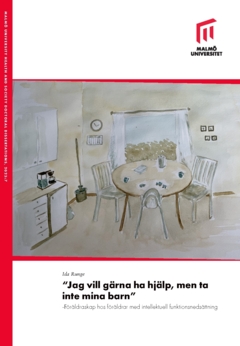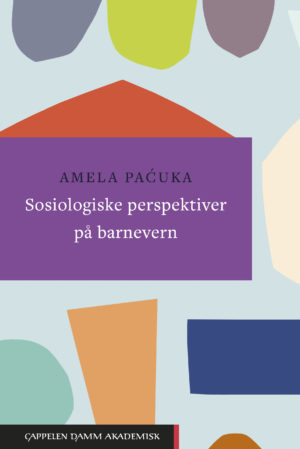Parents with intellectual disabilities are seldomly heard in research about parenting.
Based on the parents’ own voices, this thesis contributes to deepened knowledge about parenting among persons with intellectual disability.
By listening to twenty-three parents, my purpose has been to illuminate how parents themselves understand their parenting. The study is mainly based on an interactionist perspective and focuses on how parenting is done.
To deal with the stigmatizing perceptions and to ward off a perceived threat that the children may be taken from them, the parents use several strategies. These strategies function as a way of counteracting the questioning of their parenting, but above all the parents emphasize giving their children a good childhood.
In general, the parents experience that their care practices work well when children’s needs are practical and arise in a routinized close to everyday reality. With higher demands on the ability to improvise and financial resources, care is perceived as a greater challenge. Experiences of being listened to and receiving support can counteract feelings of being made suspicious and can promote autonomy and security. But the support can also give rise to feelings of dependence. This is especially valid for women.







